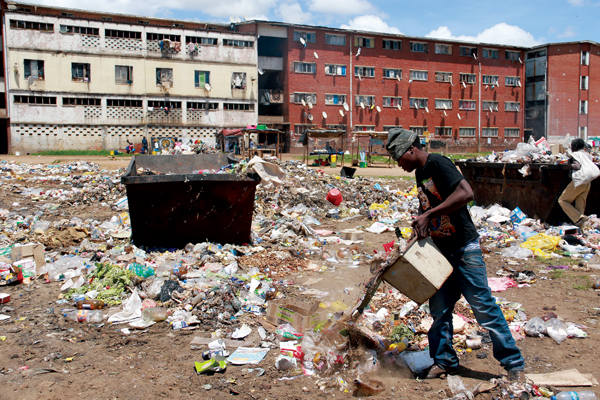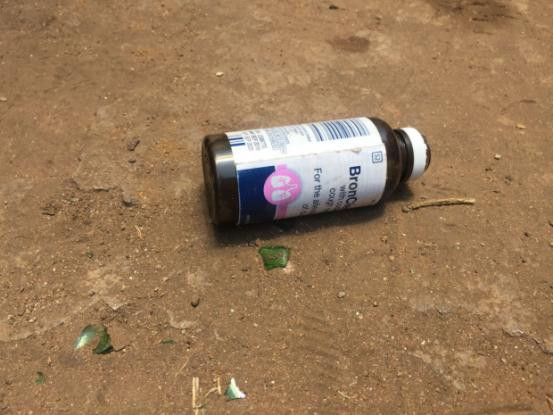
Our government always tries wrong solutions to solve problems despite the correct solutions glaring them in the eye. The problem of typhoid and other waterborne diseases cannot be wholly attributed to vendors selling their wares at undesignated sites, but mainly due to poor sanitation in the residential areas. Designation of vending sites does not make the environs clean, but concerted efforts have to be made to ensure cleanliness.
By I Mabhande,Our Reader

If you go to Mbare Musika market today, you will not stand the stench of rotting garbage right next to the vending stalls. This invites flies, which contaminate fruit and vegetables being sold in a designated vending sites with faecal matter. Besides the rotting garbage, the toilets at the market are hardly clean and when being cleaned, the water is allowed to flow freely right into the market and car park.
The same situation is found in all the designated market sites: Lusaka in Highfield, Charge Office, Fourth Street, Market Square and Copacabana vegetable markets, just to mention a few. On the other hand, if you go to a street corner, where a vegetable or fruit vendor operates, you actually find it much cleaner than the market places.
While having vendors selling their wares on street corners might be an eyesore for the well-to-do, I believe they really don’t pose any danger of disease in the capital. When you look at the pattern of disease outbreaks in the city, the trend is they start in Mbare, Hopley and Tafara Extension (KwaBhobho) and these are the areas where sanitation standards are at their lowest. If inner city vending was the main cause of diseases, then the outbreaks would have been sporadic and random in all residential areas as most people spend the day in the central business district.
If local authorities had carried out a simple scientific study of the pattern of occurrences, they surely would have seen that vending has nothing to do with the outbreak of typhoid.
The major causes of outbreaks are failure to collect garbage in residential areas, lack of running water in most high-density suburbs at a time dirty water is flowing into unprotected wells used by residents and blocked drainage systems, particularly in the high-density areas. We actually run the risk of an outbreak of cholera as garbage continues to pile in the densely-populated areas as baby diapers are now a common part of the garbage.
The sewer reticulation systems in most high-density areas are old and always backing up and these need urgent attention.
- Chamisa under fire over US$120K donation
- Mavhunga puts DeMbare into Chibuku quarterfinals
- Pension funds bet on Cabora Bassa oilfields
- Councils defy govt fire tender directive
Keep Reading
So vendors are being made a scapegoat by an inept council management and government officials. We only have 46 wards in Harare and it’s unimaginable that the government would fail to secure resources to buy 46 refuse collection vehicles when millions are being spent on holidays and party vehicles. A cleaner environment is not a luxury, but a human right enshrined the Constitution. It is government that has the primary duty of safeguarding these rights and they cannot hide behind the finger.











